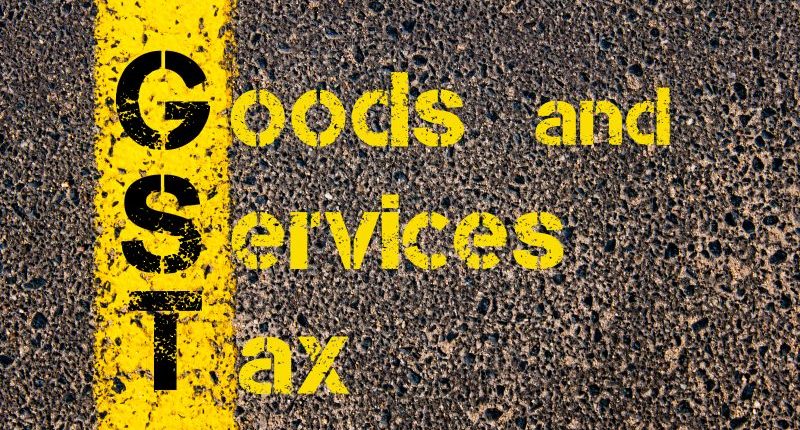We have all heard of the proverb ‘A stitch in time saves nine’. Timely payments of GST will save you from interest charges for any delays. Large enterprises across India are choosing to follow the recent directive of the Central Board of Indirect Taxes and Customs (CBIC) dated 3rd April 2020.
They are making the GST payments within fifteen days from the original due dates, instead of coughing up interest, despite it being reduced from 18% p.a. to 9% p.a. until June 2020.
The Indian government recently reduced the compliance burden on every business at the outset of the coronavirus outbreak. Accordingly, the CBIC waived off the late fee for GSTR-3B return of February, March, April 2020 for all taxpayers if filed before specified dates in June-July 2020.
When it comes to GST payments, the government has chosen to classify the taxpayers as those with an annual aggregate turnover of more than Rs 5 crore in the previous financial year (FY 2018-19) and the rest. The latter category has been exempted from the payment of any interest. But they must pay GST and file returns by the specified dates of June-July 2020.
Also Read: CBIC Further Clarifies on the GST Compliance Extension
The former category has been asked to make GST payments without interest within fifteen days from the 20th of every month. If the GST payment is made beyond fifteen days, then interest will be charged at 9% p.a. for the rest of the period for a return filed before 24th June 2020. After that, the original interest rate of 18% p.a. shall be charged.
Some businesses, especially those with substantial tax liabilities and who stare at a high amount of interest, are not waiting until June 2020 to pay taxes. These taxpayers have ample cash in hand to pay on time, and some are also capable of remotely preparing the GST returns.
The Business Today publication caught up with several industry experts who gave a mixed response. Most of them acknowledged that the filing on the GST portal these days is smooth due to a lower number of concurrent users on the GSTN. Hence, it is best to go for filing now rather than later. Some stated that it is prudent to pay off the tax liabilities now if there is sufficient cash left after paying salaries to the employees. However, businesses should also weigh their position between paying the interest on delayed GST payment and interest on loan EMI.
Some SMEs in the large turnover bracket and operating in the sectors such as travel, tourism, hotel, auto, and restaurants have found it challenging to survive this phase. They are struggling to even pay salaries. Nevertheless, they will find a boom after the total lockdown is lifted in all the states. Until then, they need to evaluate their cost of compliance now vis-à-vis later to decide on the GST payment.
From 20th April 2020, specified businesses and establishments, not being in hotspot regions of the country, are allowed to function at a 50% strength as per the circular issued by the Union Ministry of Home Affairs. Such businesses should utilise this opportunity to resume critical business operations, including statutory compliance.
The lockdown phase is an eye-opener for many businesses who were following conventional means of the book-keeping and invoice generation. They must adopt tech-oriented accounting, including enterprise resources planning, for maintaining records. It will allow them to collaborate with their teams and auditors remotely at a nominal cost of compliance, reducing the chances of errors. The GSTN also provides various accounting software options on its portal, which are free of charge.
The GST collections are expected to be lower than usual, negatively affecting the revenue targets of the government exchequer. The government may be providing reliefs of various sorts for the taxpayers. But such relaxations should be judiciously exercised by abled businesses. Hence, they should be socio-economically responsible and set an example for a larger society.
For any clarifications/feedback on the topic, please contact the writer at annapoorna.m@cleartax.in
Annapoorna, popularly known as Anna, is an aspiring Chartered Accountant with a flair for GST. She spends most of her day Singing hymns to the tune of jee-es-tee! Well, not most of her day, just now and then.





